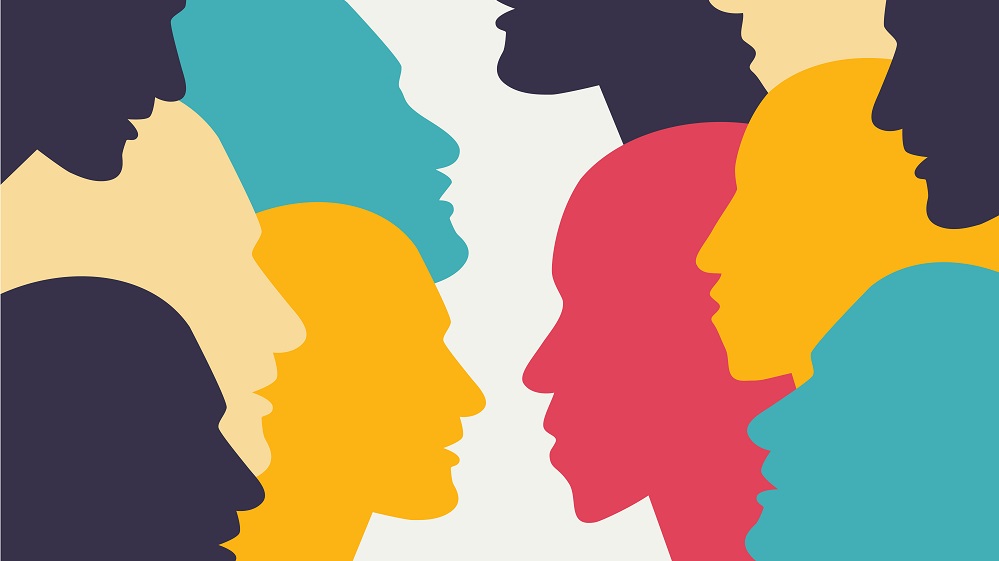Open any newspaper, read any social commentary, watch any news channel and we bear witness to the growing tension between the left and the right; between the conservatives and the liberals; between the haves and the have-nots. Each side voicing their viewpoint, selling their perspective, while continually looking to debunk the other’s. Each article, story, or tweet further cementing the loyalty of their followers – while having little impact on anybody with a different point of view.
Why?
Because unfortunately many people have become less curious, less interested in understanding another perspective. Many have already made their minds up, and aren’t wanting to listen to another narrative. We’ve become increasingly intolerant of other viewpoints, and more defensive of our own. We’ve grown accustomed to filtering out input so that we only watch, listen, read commentary that aligns with, or supports our current views. And when we do engage with conflicting commentary it is usually for the express purpose of debate – to argue for our beliefs and/or to ridicule the other side. Unfortunately, our exchanges of ideas and opinions are increasingly resembling that of young children.
“It is too”, “It is not.”
What is the purpose of expressing our views? Is it simply to bolster our personal perspective, or to convince others? Are we looking to show others that their beliefs are flawed or baseless? Sharing personal experiences is where conversations are typically free of veiled attempts to reshape other’s views or perspectives – as they are based on what we’ve witnessed or experienced. Imagine if we could do the same with the exchange of opinions and ideas, if we could listen to others without judgement. Imagine if we had the ability to develop a greater appreciation and tolerance for other perspectives?
It’s not always about being heard – it’s also about hearing others.
According to Socrates, dialogue is a process to stimulate critical thinking – which itself is defined as the objective analysis and evaluation of an issue to form a judgement. While dialogue involves the exchange of ideas and opinions on a specific topic, it’s with a view to reach an amicable agreement or settlement. However, reaching an agreement doesn’t always require one view to be right, while the other is wrong – often it’s simply an acceptance of another perspective.
How often do we engage in critical thinking, or explore our existing beliefs and presumptions? Are we objective in our reflection? When do we engage others to better understand their perspectives versus defending our own?
Shouldn’t we all be looking to create more opportunities for real dialogue – to reduce divisiveness, to find common ground, to increase our empathy for others, to create greater unity.
Isn’t it time we all made the shift from debate to dialogue.


